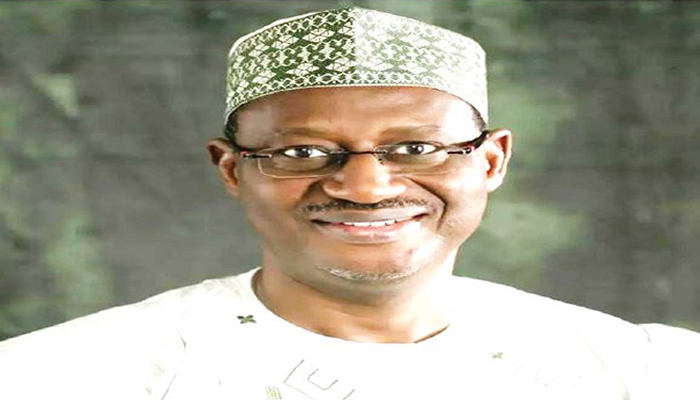The Federal Government’s ambitious Renewed Hope Cities housing project in Karsana, Abuja, has encountered a significant setback, missing its initial delivery deadline of December 2024 by almost three months. Originally envisioned as a flagship initiative to address the nation’s housing deficit, the project promised the completion of 1,000 housing units by the end of 2024, with the remaining units slated for delivery by mid-2025. This initial phase, comprising 3,112 units in Karsana, forms part of a larger national goal of constructing 100,000 housing units, with Abuja designated to receive 20,000. The project’s delay raises concerns about the government’s ability to meet its ambitious housing targets and fulfill its commitment to providing affordable housing solutions.
The Renewed Hope Cities project was structured around a public-private partnership model, with a consortium of developers taking the lead in financing, land acquisition, and identifying potential homeowners. The Ministry of Housing and Urban Development’s role was to provide loan guarantees backed by confirmed buyers, thus ensuring the developers’ access to necessary funding. This approach aimed to leverage private sector expertise and resources while minimizing the financial burden on the government. Minister Ahmed Dangiwa had previously assured the Senate Committee on Lands, Housing, and Urban Development of the project’s viability, citing the developers’ secured funding from Family Homes Funds and other sources.
To ensure transparency and accountability, a steering committee comprising government ministers, the permanent secretary, and the consortium of developers was established. Additionally, a monitoring committee, composed of representatives from the ministry, Federal Mortgage Bank, Family Home Funds, developers, and other relevant institutions, was tasked with conducting weekly project inspections. These oversight mechanisms were intended to track progress, identify potential challenges, and ensure adherence to timelines. Despite these measures, the project has fallen behind schedule, prompting questions about the effectiveness of the monitoring and implementation strategies.
The government’s silence regarding the missed deadline has fueled uncertainty and speculation. The absence of official updates on the project’s status has left prospective homeowners and stakeholders in the dark, raising concerns about the project’s future and its potential impact on Abuja’s housing needs. The lack of communication has also eroded public trust and confidence in the government’s ability to deliver on its promises, particularly in the critical area of housing provision. This lack of transparency calls for greater accountability from the government, which should proactively communicate project updates and address public concerns.
An anonymous source within the Ministry of Housing and Urban Development has suggested that the project’s completion is now being aligned with President Tinubu’s second anniversary in office, aiming for inauguration before May 29, 2025. This revised timeline, while offering a potential timeframe, lacks official confirmation and raises further questions about the initial planning and execution of the project. Shifting the deadline to coincide with a political anniversary could be perceived as prioritizing symbolic gestures over the urgent need for housing solutions, potentially undermining the project’s credibility and purpose.
The delay in the Karsana housing project underscores the challenges inherent in large-scale infrastructure development and the importance of realistic planning, effective oversight, and transparent communication. While the government’s vision of providing affordable housing is commendable, the execution of this project highlights the need for a more robust and accountable approach to project management. The government must prioritize timely completion, not just for the sake of meeting deadlines, but to address the pressing housing needs of the population and fulfill the promise of the Renewed Hope Cities initiative. Moving forward, open communication and proactive engagement with stakeholders will be crucial for rebuilding trust and ensuring the successful delivery of this vital project.














